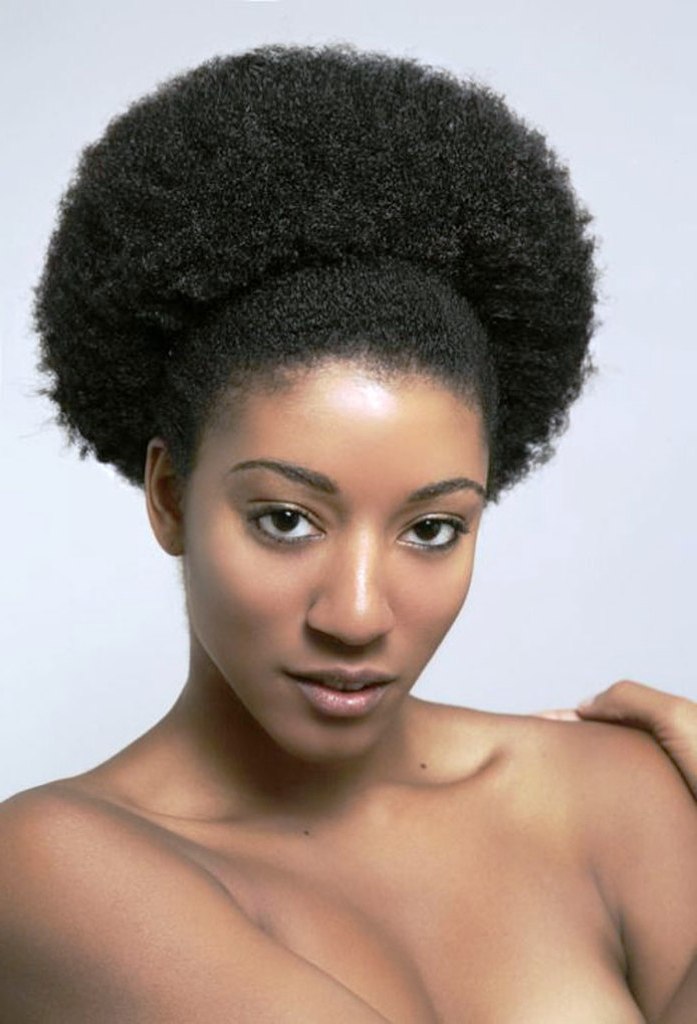Exploring The Beauty Of Afro Hairstyles: A Comprehensive Guide
Afro hairstyles are not just a trend; they are a powerful expression of cultural identity and personal style. In recent years, these hairstyles have gained massive popularity, serving as a celebration of natural hair textures and diversity in beauty standards. This article delves into the rich history, various styles, maintenance tips, and cultural significance of afro hairstyles. Whether you are considering going natural or simply want to learn more about this beautiful hair type, this guide is for you!
From the iconic afro to braided styles, the versatility of afro hairstyles truly knows no bounds. With roots in African heritage, these styles have evolved, influenced by various trends and personal expressions. Not only do afro hairstyles showcase beauty, but they also tell stories of resilience, pride, and cultural heritage. In this article, we will explore everything you need to know about afro hairstyles, providing you with insights and tips to embrace this stunning hair type.
So, let’s embark on this journey to discover the world of afro hairstyles, where we will highlight their significance, explore different styles, and offer practical advice on how to care for your natural locks. Get ready to be inspired by the beauty and diversity of afro hairstyles!
Table of Contents
- The History of Afro Hairstyles
- Types of Afro Hairstyles
- Maintenance Tips for Afro Hairstyles
- Cultural Significance of Afro Hairstyles
- Celebrities with Iconic Afro Hairstyles
- Conclusion
The History of Afro Hairstyles
The history of afro hairstyles is rich and complex, deeply tied to African culture and identity. Traditionally, hairstyles were used to convey social status, age, and even tribal affiliation. During the diaspora, as Africans were displaced and spread across the globe, these hairstyles evolved, adapting to new cultures while retaining their significance.
In the 1960s and 1970s, the afro became a symbol of the Black Power movement, representing pride in African heritage and a rejection of Eurocentric beauty standards. This period saw a resurgence of natural hairstyles, with many individuals embracing their natural texture and celebrating their roots.
Today, afro hairstyles continue to be a powerful form of self-expression, inspiring new generations to embrace their natural beauty and heritage.
Types of Afro Hairstyles
Afro hairstyles come in various styles, each reflecting different aspects of personality and cultural significance. Below are some of the most popular types of afro hairstyles:
Classic Afro
The classic afro is a voluminous, rounded hairstyle that showcases the natural texture of afro hair. It gained prominence in the 70s and remains a timeless choice for those wanting to embrace their natural curls.
- Easy to style and maintain.
- Can be shaped to suit personal preferences.
- Works well for various face shapes.
Braided Styles
Braided styles are not only beautiful but also practical for maintaining afro hair. These styles can range from simple cornrows to intricate box braids.
- Protective style that minimizes hair damage.
- Offers versatility in styling options.
- Can last for weeks with proper care.
Twists and Locs
Twists and locs are popular styles that can add texture and dimension to afro hairstyles. Twists involve twisting sections of hair together, while locs are formed by matting and tangling sections over time.
- Low-maintenance once established.
- Can be styled in various ways.
- Showcases natural hair growth and health.
Afro Updos
Afro updos are elegant styles that can elevate any look for special occasions or everyday wear. These styles can include buns, ponytails, or rolled styles that keep hair off the neck.
- Perfect for formal events.
- Adds sophistication to afro hair.
- Can be accessorized with hairpieces or jewelry.
Maintenance Tips for Afro Hairstyles
Maintaining afro hairstyles is essential for promoting healthy hair and preserving style. Here are some tips to keep your afro looking its best:
- Moisturize regularly to prevent dryness.
- Use sulfate-free shampoos to avoid stripping natural oils.
- Deep condition at least once a week to nourish hair.
- Protect hair at night with a satin scarf or pillowcase.
Cultural Significance of Afro Hairstyles
Afro hairstyles are more than just a fashion statement; they hold deep cultural significance. Wearing afro styles can be a means of connecting with one's roots and expressing pride in heritage.
Moreover, afro hairstyles can challenge societal beauty norms, encouraging individuals to appreciate and celebrate diversity in hair textures. By embracing natural hair, individuals can inspire others to do the same, fostering a sense of community and pride.
Celebrities with Iconic Afro Hairstyles
Many celebrities have embraced afro hairstyles, using their platform to promote natural beauty and inspire others. Below is a table showcasing some notable figures known for their iconic afro styles:
| Name | Occupation | Notable Afro Style |
|---|---|---|
| Angela Davis | Activist | Classic Afro |
| Solange Knowles | Singer | Braided Styles |
| Lupita Nyong'o | Actress | Twists |
| Janelle Monáe | Singer/Actress | Afro Updos |
Conclusion
Afro hairstyles are a beautiful celebration of natural beauty, culture, and individuality. From classic afros to intricate braided styles, there is a wide variety of options to choose from, each reflecting personal style and heritage. By understanding the history and significance of afro hairstyles, we can appreciate the artistry and culture behind them.
We hope this guide has inspired you to explore and embrace afro hairstyles. Whether you are considering a new look or want to learn more about caring for your natural curls, the world of afro hairstyles is vibrant and filled with possibilities. Don’t forget to leave a comment below, share this article, and check out other articles for more insights on beauty and style!
Thank you for joining us on this exploration of afro hairstyles! We look forward to seeing you again soon!
Christy McNichol: The Journey Of A Remarkable Actress
The Power Of Morning Wishing: How To Transform Your Day
Casey Beane: A Deep Dive Into The Life And Career Of A Rising Star


